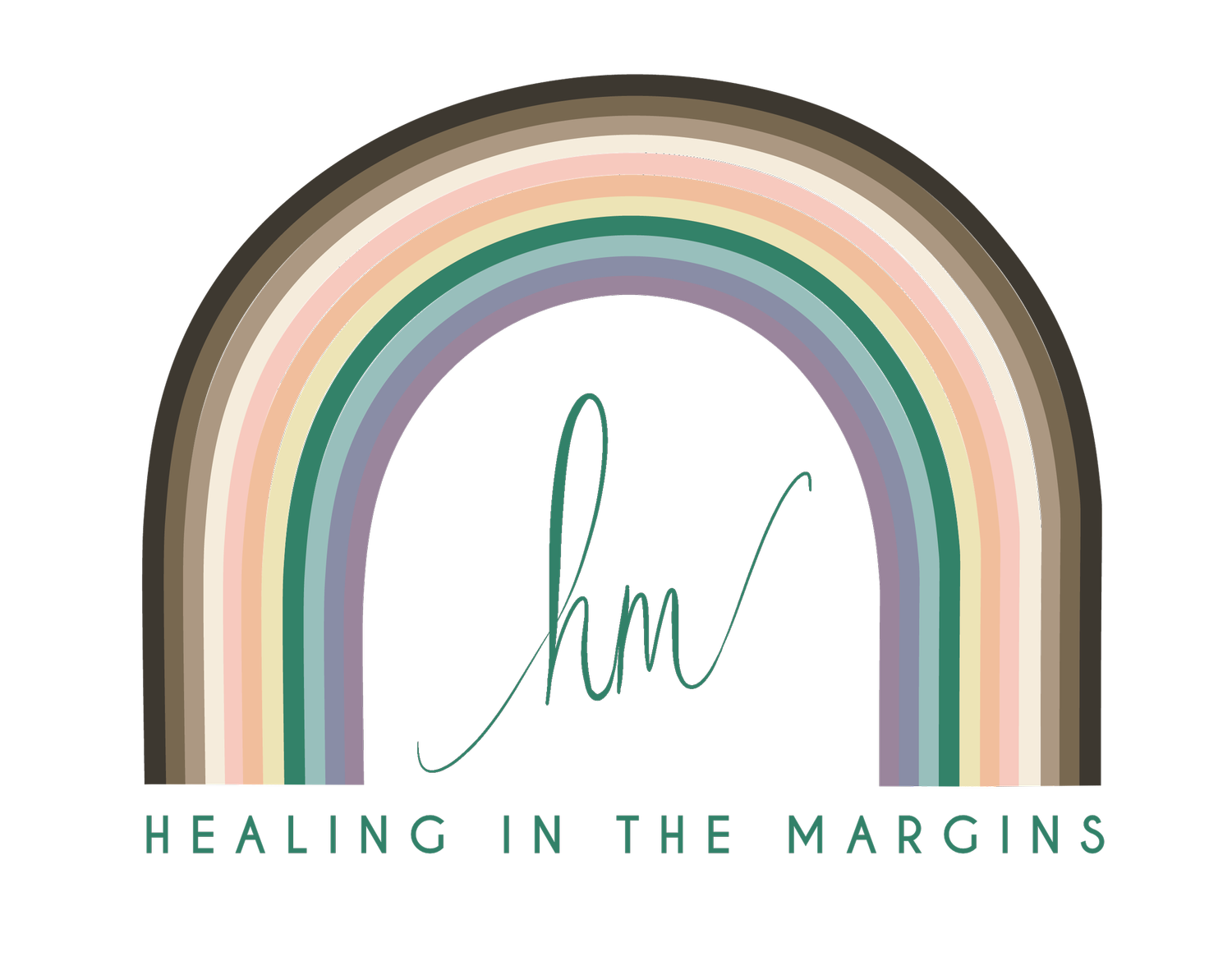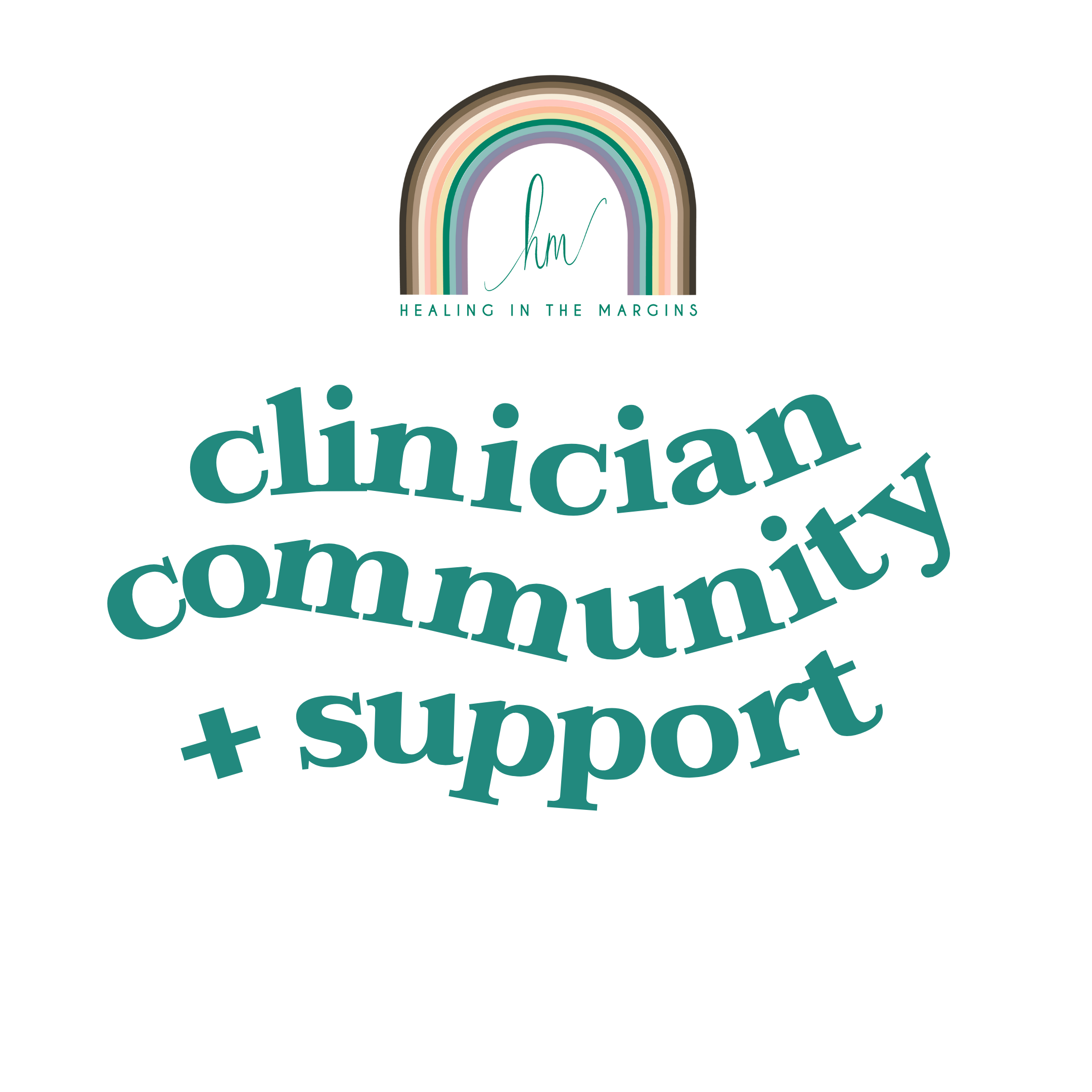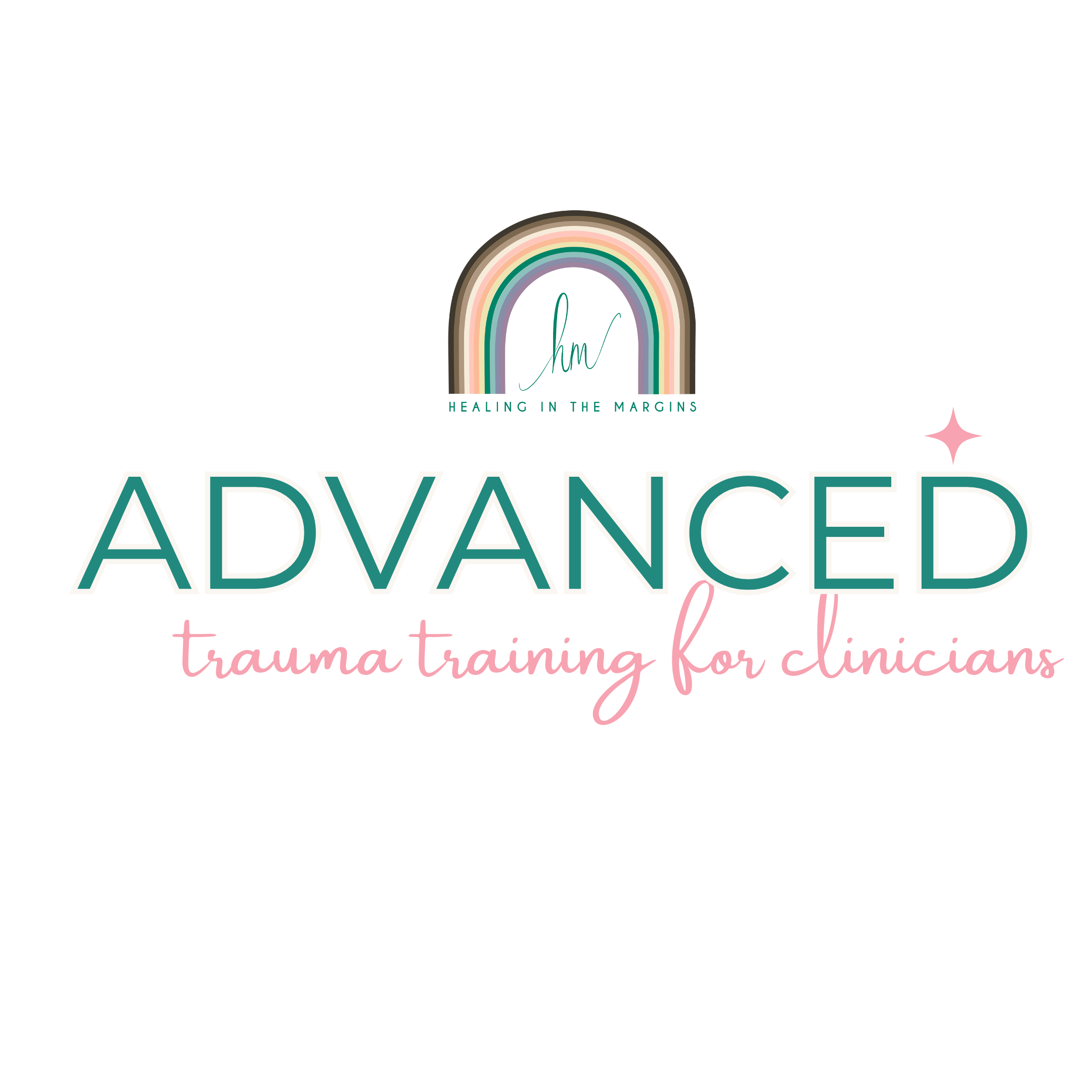Clinicians in the Margins
Providing direct educational and community-building support for therapists in our community who are BIPOC and/or identify as LGBTQIA+
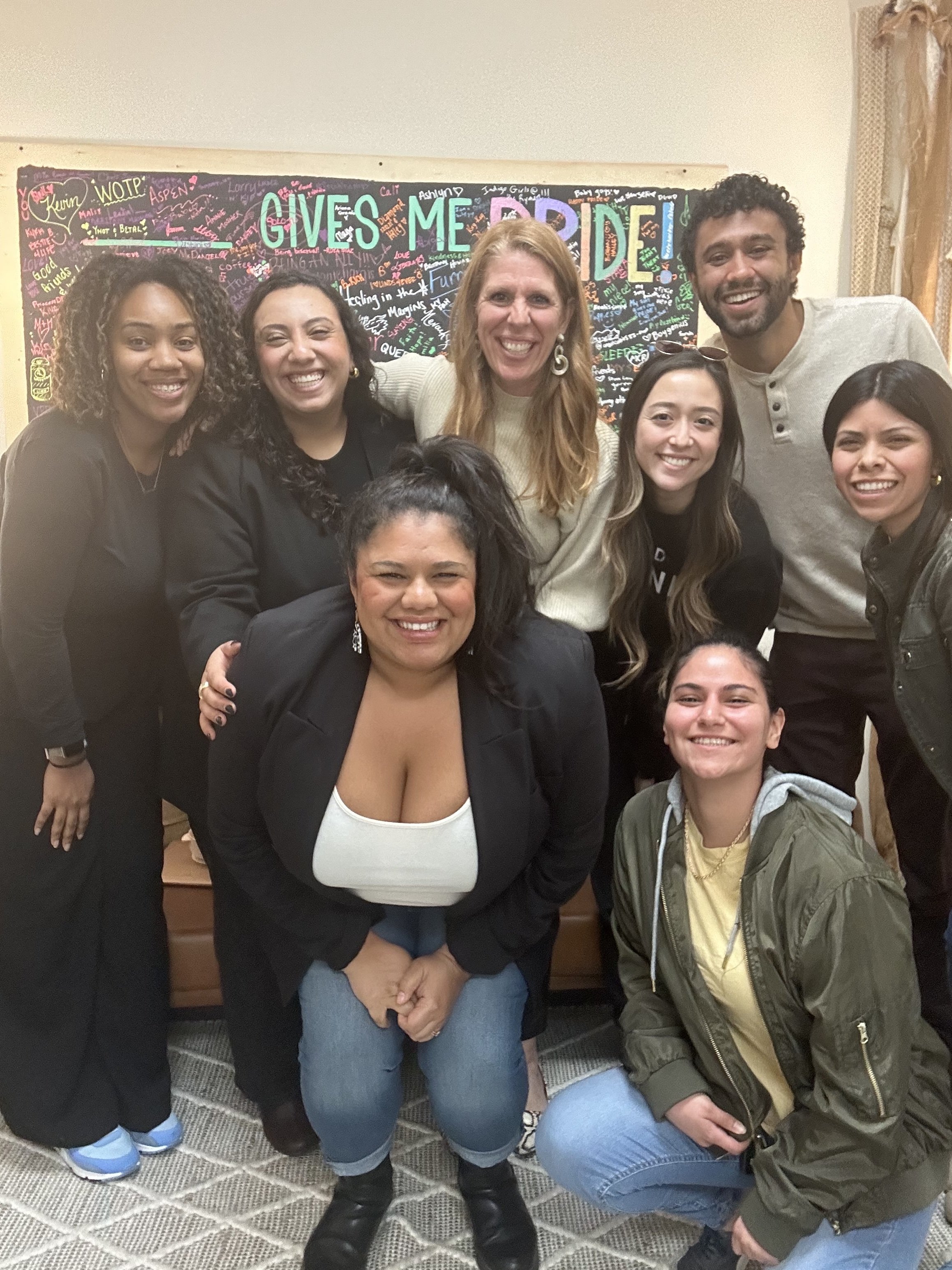
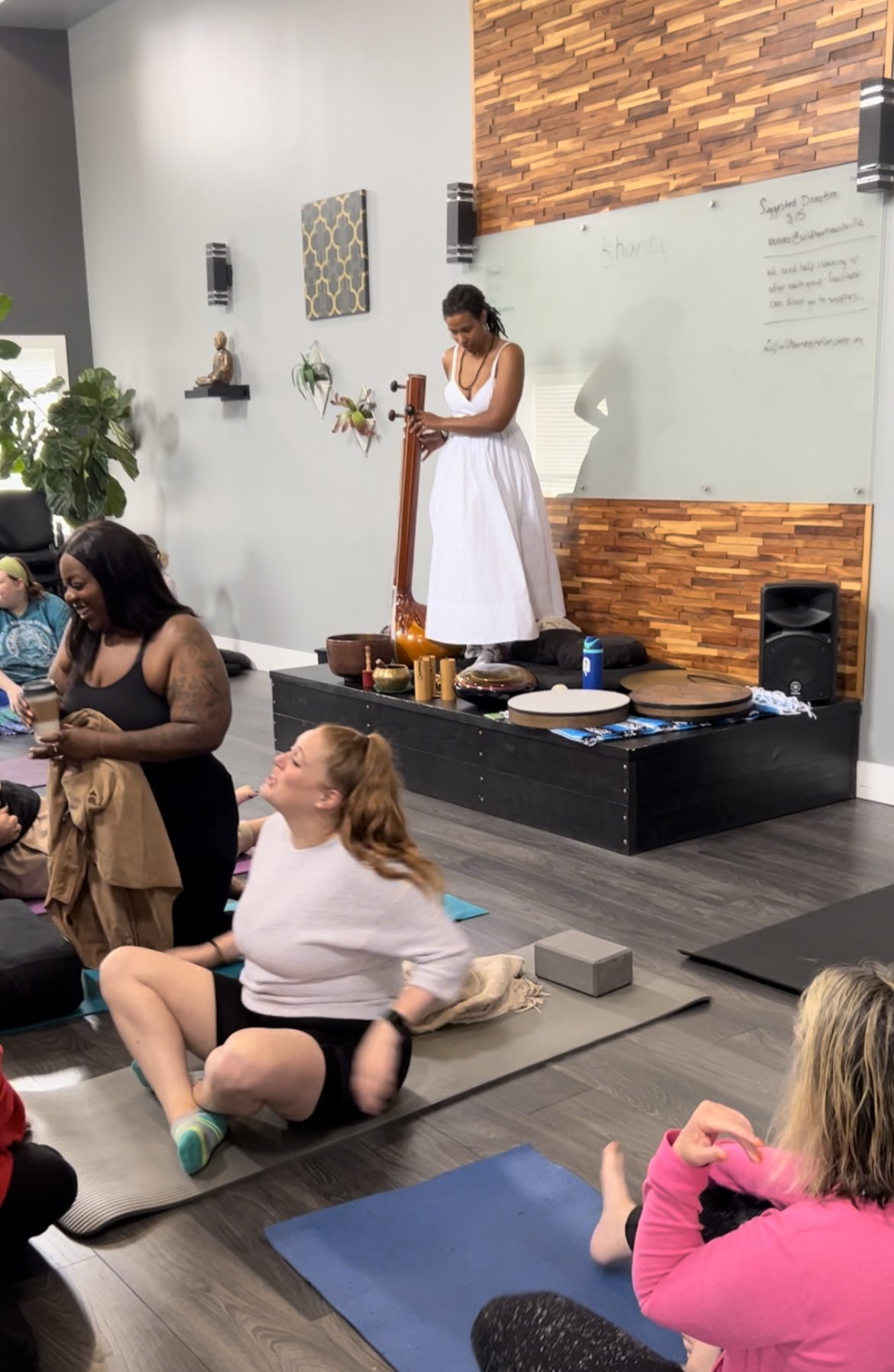
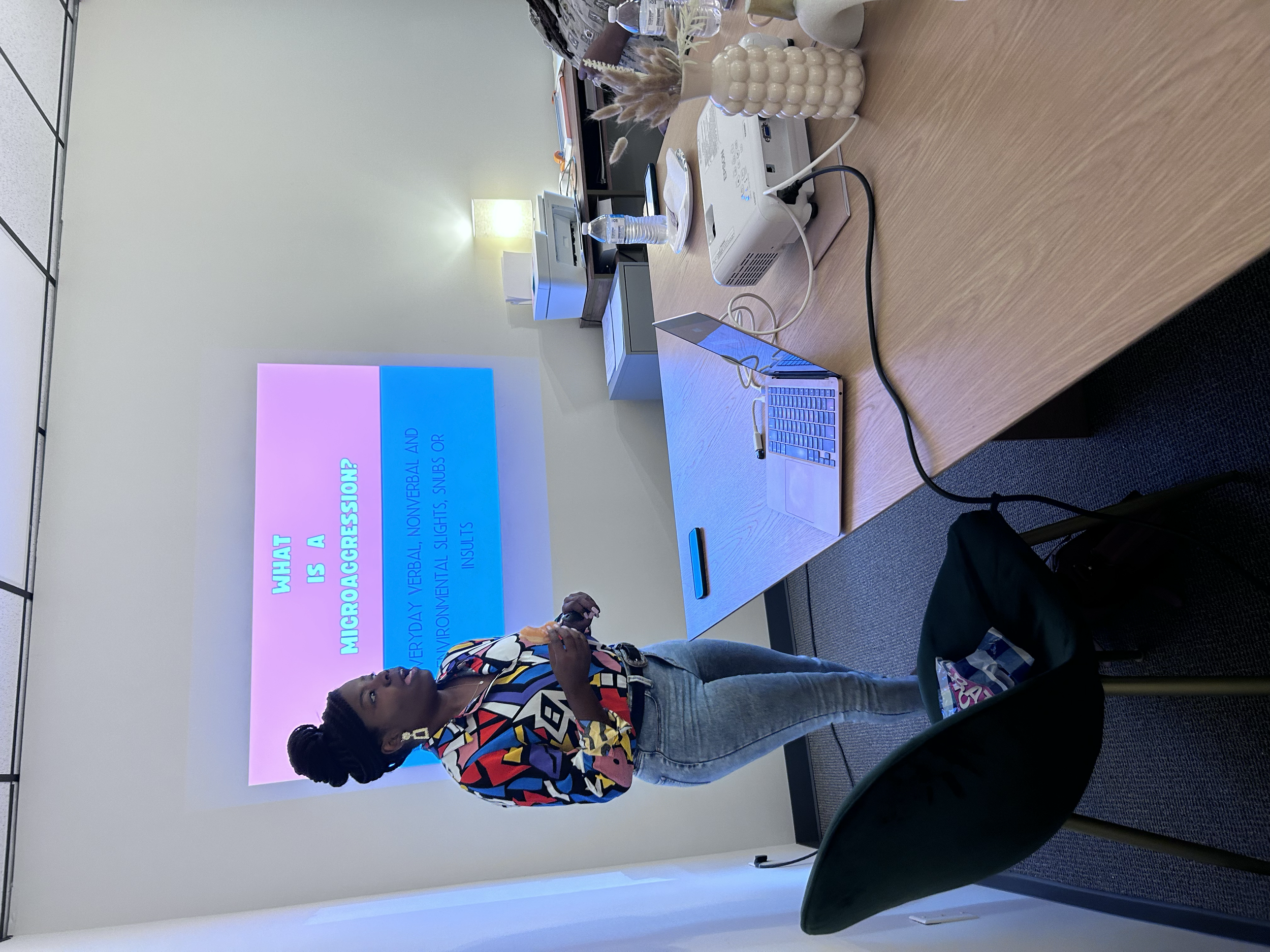

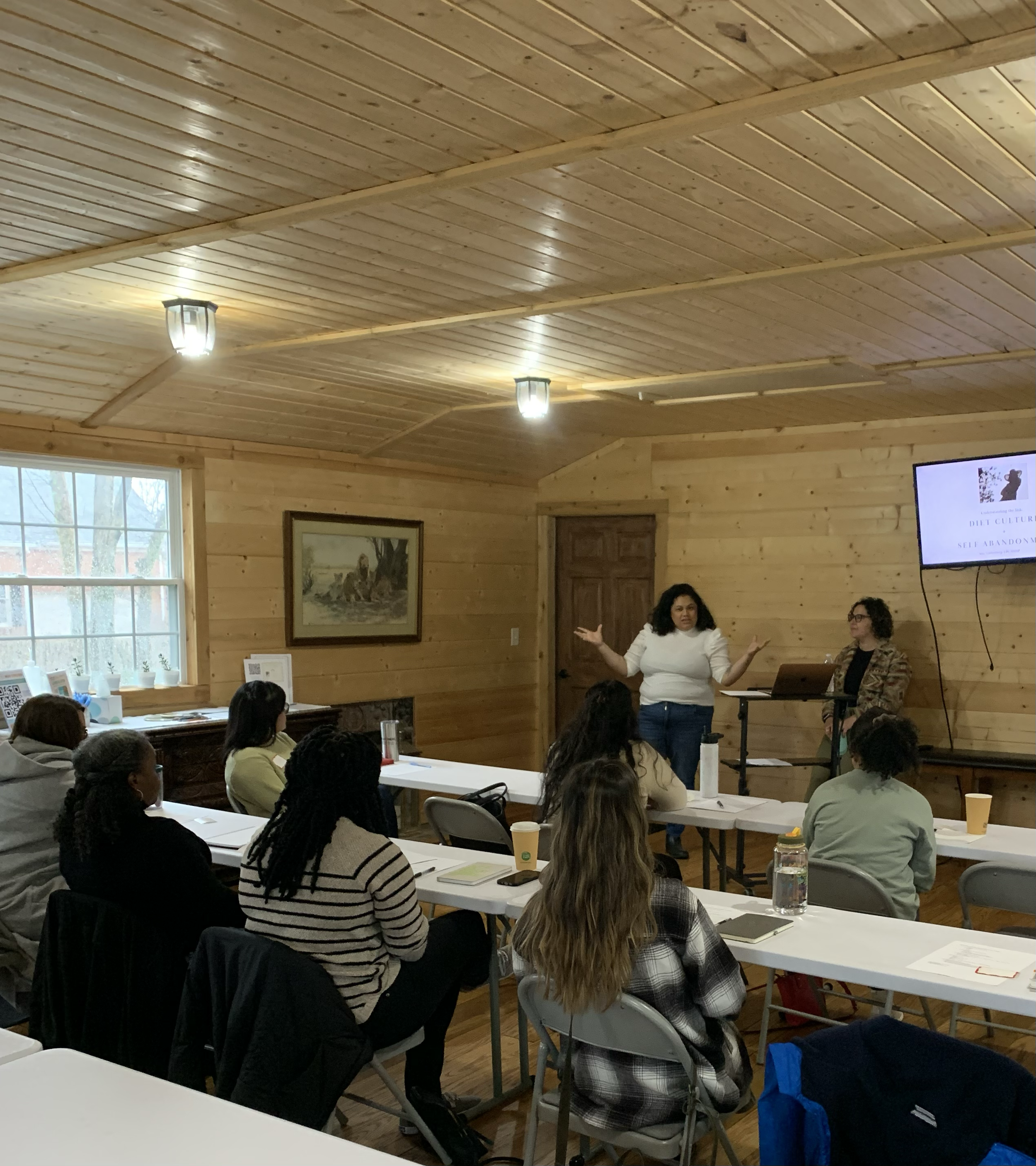
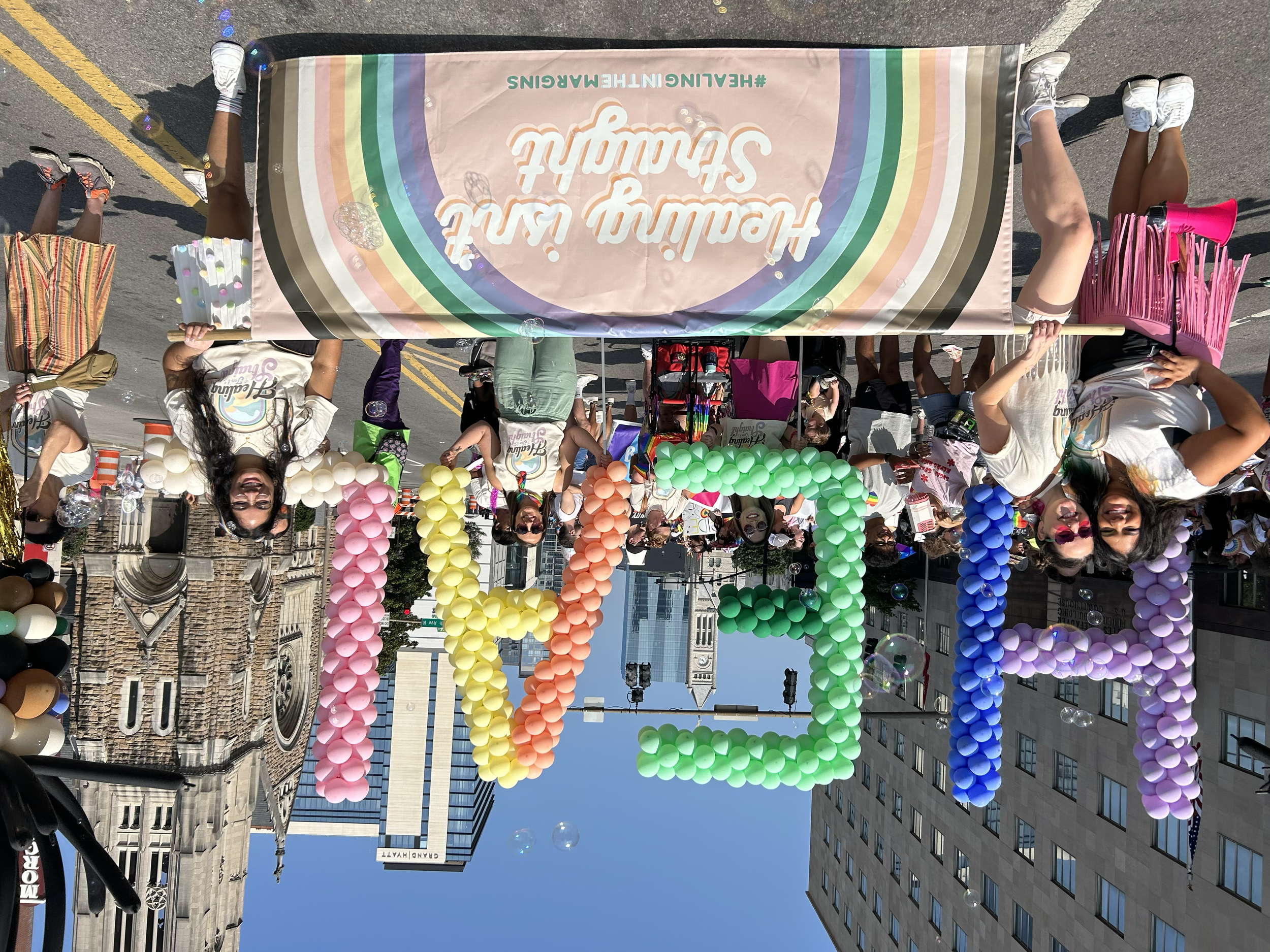
Why Clinician Community Cohorts?
BIPOC and LGBTQIA+ clinicians experience higher rates of burnout due to a variety of factors including but not limited to:
parallel processing (helping clients process specific societal traumas that they, themselves, are experiencing)
desire to create access to affordable services for the clients from their communities
overwhelming caseloads due to a lack of representative providers in the mental health community
In 2023, we heard from program participants that, overwhelmingly, the need is connection—connection with other therapists with similar lived experiences and identity.
We’re launching our Clinician Support Groups with the hope it will provide a space for connection, resource-sharing, and ultimately—community. Learn more about Clinician Support Groups here.
Why Advanced Training?
Mental Health America found that:
57% of LGBTQIA+ individuals say that they or an LGBTQIA+ friend or family member have been threatened or non-sexually harassed.
51% say they or an LGBTQIA+ friend or family member have been sexually harassed
and 51% have experienced violence
Mental Health Related Emergency Department Visits Among Adults, published in 2023 by the Center for Disease Control and Prevention found that in the South:
60% of patients were non-white
Racial Trauma:
”Racial trauma, or race-based traumatic stress (RBTS), refers to the mental and emotional injury caused by encounters with racial bias and ethnic discrimination, racism, and hate crimes. Any individual that has experienced an emotionally painful, sudden, and uncontrollable racist encounter is at risk of suffering from a race-based traumatic stress injury. In the US, Black, Indigenous People of Color (BIPOC) are most vulnerable due to living under a system of white supremacy.” (Mental Health America)
In the US, only 27.4% of all therapists are BIPOC (non-white),
while only 12% of therapists nationwide identify as LGBTQIA+.
Both BIPOC and LGBTQIA+ individuals are more susceptible to anxiety, depression, and trauma or PTSD, as a direct result of systemic racism, oppression, or discrimination.
Advanced competence in treating direct and indirect symptoms of trauma is needed in order to serve our communities well. Providers who themselves identify as BIPOC and/or LGBTQIA+ are more appropriately positioned to provide safety for clients from these communities, and it is our priority that we help to equip these clinicians with the tools they need to serve our communities excellently.
Brainspotting Phase I Training with an Emphasis on Intersectionality & Social Justice,
Tracy Gantlin-Monroy
October 2024
More Details Coming Soon
“Brainspotting is a powerful, focused treatment method that works by identifying, processing and releasing core neurophysiological sources of emotional/body pain, trauma, dissociation and a variety of other challenging symptoms. Brainspotting is a simultaneous form of diagnosis and treatment, enhanced with Biolateral sound, which is deep, direct, and powerful yet focused and containing.”
Past Offerings
Diet Culture + Self Abandonment with Amy Gartenberg
OCD Exposure + Response Prevention w/ BIPOC Considerations for Safety with Reece
Nature Mindfulness Workshop with Sandra Durham
Nāda Yoga Sound Bath Meditation with Jo Jo Jackson
Strategies to Address Racial, Sexual Orientation, and Gendered Microaggressions with Dr. PaQuita Pullen
Treatment Planning with a Bio Temperament Lens with Lauren Ruth Martin
DBT Learning Day with Karl Bolton
Trauma Therapy through a Somatic Lens with Megan Thomas
Using Self in Sessions (An IFS Approach) with Dr. Sara Hopkins
Couples Work using EFT (An Introduction) with Kelly Bourque
